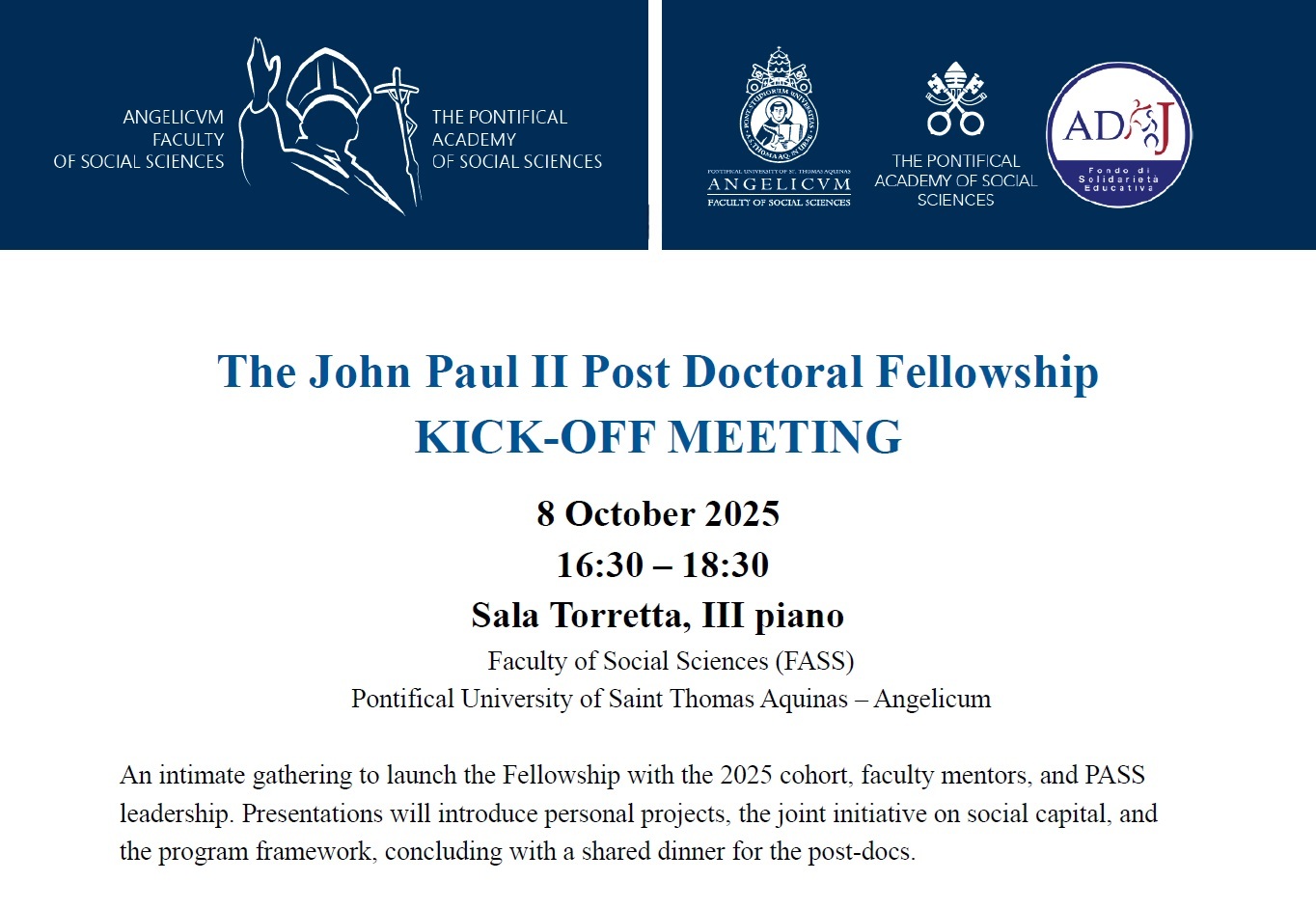 “One of the greatest reasons why so few people understand themselves is that most writers are always teaching men what they should be, and hardly ever trouble their heads with telling them what they really are” wrote Bernard Mandeville in his infamous “Fable of the Bees”. The author of this 17th century piece of literature, glorifying egoistic self-interested behaviour – a prototype of the homo oeconomicus dominant today – would probably be happy with the state of affairs in modern economics. Instead, the contributors to Economics and Social Interaction: Accounting for Interpersonal Relations, edited by B. Gui and R. Sugden take another view, for as the concluding essay by L. Putterman warns, “We may do ourselves much harm by adopting, out of ignorance of our natures, recommendations that suit Homo oeconomicus better than they do ourselves” (p. 268).
“One of the greatest reasons why so few people understand themselves is that most writers are always teaching men what they should be, and hardly ever trouble their heads with telling them what they really are” wrote Bernard Mandeville in his infamous “Fable of the Bees”. The author of this 17th century piece of literature, glorifying egoistic self-interested behaviour – a prototype of the homo oeconomicus dominant today – would probably be happy with the state of affairs in modern economics. Instead, the contributors to Economics and Social Interaction: Accounting for Interpersonal Relations, edited by B. Gui and R. Sugden take another view, for as the concluding essay by L. Putterman warns, “We may do ourselves much harm by adopting, out of ignorance of our natures, recommendations that suit Homo oeconomicus better than they do ourselves” (p. 268).
One of the criticisms made of this postulate of economic theory is its ignorance of human sociality and interpersonal relationships. This is precisely the gap that this volume, comprising 13 essays very different in style and character, seeks to fill. Framing face-to-face human interactions in terms of “encounter”, rather than exchange, B. Gui (chapter 2) offers a theoretical conceptualization of relational goods/bads. It is during a productive process of an encounter that consumption (or better pro-sumption) of relational goods/bads (communicative/affective entities) happens, alongside “traditional” outcomes, such as the performance of a task, the provision of a service or transfers of property rights or changes in actors’ human capital. In their interpersonal relations, actors behave as co-producers of something that did not exist before. R. Sugden (chapter 3) moves the discussion forward by asking in his essay what the technology of this production could look like. He finds the response in the fellow-feeling concept of Adam Smith, as expressed in his Theory of Moral Sentiments. The key to the fellow-feeling mechanism lies in the human capacity to take a perspective, that is, of feeling imaginatively the experience of others and sharing their pleasure and pain. Such an interdependence of feeling explains, then, why we enjoy activities in common that may be equally pursued individually (such as eating or going to concerts) and find unpleasant activities (as, for example, routine work tasks or household chores) less repulsive if carried out together.
Adam Smith was not the only economist who acknowledged the importance of the interpersonal dimension in economic life. L. Bruni’s essay (chapter 10) takes us along a fascinating historical journey of the neglect or expulsion of human relationality from the economic domain, reaching its apogee in Pareto’s theory where the “individual disappears leaving us photograph of his tastes”.
Another step towards introducing interpersonal relationships in the economic domain is made by S. Hargreaves Heap (chapter 9). In his contribution to the volume, he states that interpersonal relationships are not only important –they are indeed constitutive of being human. This is because of the need for the mutual interpersonal validation of such concepts as “honour”, “justice” and “good”, all of which are essential for individual identity. The modern extension of the market may be efficient for the satisfaction of personal preferences but it undermines interpersonal norms on which people depend for judgments of self-esteem. Here the job of welfare economics is to check up on the “institutional ecology” within which people can maintain a sense of self-worth.
In fact, according to V. Pelligra (chapter 5), the concept of self-esteem is key to understanding the relational motivational structure of trust. The desire to be worthy of love and self-esteem (internalised judgments of others) balances self-centeredness (a pure interest in material or psychological pay offs) and other-regardingness (a desire for the good opinion of others). It thus motivates us to be really trustworthy and not just eager for trust.
While the opening chapters of the volume deal with the micro-level of analysis, or as Gui defines them, dyadic interactions, several contributions face the problem at meso- or macro-levels, changing a little the kind of terminology used. Thus, chapter 7 (A. Antoci, P. L. Sacco and P. Vanin) investigates the possible interplay between economic growth and social development, offering a simple growth model with private and social capital accumulation. In chapter 4 (N. Bardsley), human relationality bursts open the door of economic theory in the domain of public good provision, questioning the traditional explanations of pro-social behaviour stemming from instrumental rationality and individual utility (such as enlightened self-interest, rational choice altruism, “warm glow” mechanisms or the repulsiveness of inequality). This chapter offers two major alternatives to such methodological individualism, both of which provide a better understanding of pro-social behaviour. One of these alternatives is a collective rationality that explains a voluntary contribution to the public good in virtue of “team-thinking”. The other one is an expressive rationality underpinned by shared rules, norms or standards, which are determined socially and which imply the existence of social constraints on individual actions. In this case, a rational agent is more interested in the meaning of his acts, and the way in which it reveals his identity, than the consequences of the acts themselves.
A study of C. Borgaza and S. Depedri (chapter 6) is of special interest for all those who doubt the practical applicability of interpersonal reasoning in business. It reveals an interesting correlation between relational (relationships with peers and superiors) and material (salary, working hours, job design etc.) aspects of job satisfaction and loyalty: above certain critical thresholds, the two are interchangeable. At the same time, when satisfaction with one type of good falls below its threshold, the other type will not suffice to recompense this loss. The opportunity to “pro-sume” relational goods on the job is also revealed as an important factor in the retention of employees. Research results show that satisfaction with relational aspects influences the willingness of workers to stay with the company significantly (and almost as much as those that are material). Job relationships prove to be an important factor in job satisfaction and a strong motivation towards taking or keeping a job.
A realistic modelling of economic interpersonal relationships inside complex hierarchical organizations such as modern corporations needs to introduce a vertical dimension, integrating into the scheme such concepts as power, authority and domination. This is precisely the aim of B. Gazier and I. This Saint-Jean (chapter 11) in their contribution to the volume.
To be faithful to the spirit of the book’s title, the authors confront their ideas with the critical view of the feminist economist Julie A. Nelson (chapter 12). In her provocative but inspiring comment, she puts an enlivening question: does the book’s attempt to take interpersonal relationships seriously go far enough? According to Nelson, the logic of encounter, underlying much of the book, is too timid; it suffers from reductionism and old rhetoric; it does not question the pre-existing state of agents. “Encounters might be seen as something that agents simply do, coming out on the other side of the encounter with greater utility or capital, but fundamentally unchanged” (p. 251). In such a framework there is the danger of going back to the “mushroom man” of Hobbes with no past, no origins, no engagement with others. Thus, the fact that we are constantly “shaped and created by encounters” (p.251) is missed again. What the feminist economist offers is an idea of an individual-in-relation, strongly reminiscent, in our opinion, of Maritain’s concept of person.
At the end of his contribution to the volume, Luigino Bruni compares the economists’ old story of neglecting interpersonal relations to the ancient geographers’ ignorance of African inner regions, naming them on their maps with the phrase “Hic sunt leones”. Developing the same metaphor, we might say that Economics and Social Interaction is a courageous and praiseworthy effort to explore the unknown territory “where lions live”.
interpersonal relations to the ancient geographers’ ignorance of African inner regions, naming them on their maps with the phrase “Hic sunt leones”. Developing the same metaphor, we might say that Economics and Social Interaction is a courageous and praiseworthy effort to explore the unknown territory “where lions live”.
 IT
IT  EN
EN 



















